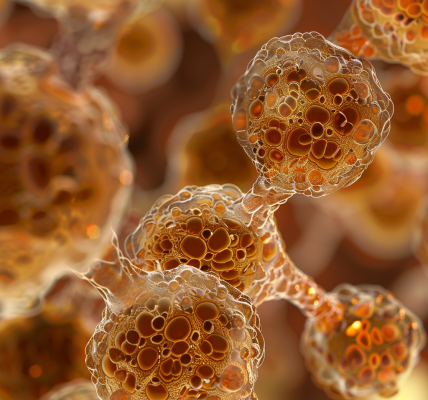Scientists have made a groundbreaking discovery in the fight against cancer by finding a way to manipulate cancer cells to turn against themselves, potentially revolutionizing cancer treatment.
When it comes to treating cancer, the effectiveness of a treatment largely depends on its ability to target and destroy cancer cells. However, some cancer cells can adapt and develop resistance to traditional therapies, rendering them ineffective.
In a recent proof-of-concept study published in the journal Nature Biotechnology, researchers have introduced a novel approach to combat cancer drug resistance. By modifying lung cancer cells, they were able to make them more susceptible to treatment, essentially hacking the evolution of cancer cells.
Lead study author Scott Leighow, a bioengineer at Pennsylvania State University, highlighted the significance of this new approach in overcoming the limitations of current cancer treatments. He emphasized the need to address drug resistance before it becomes a major hurdle in cancer therapy.
Cancer drug resistance can manifest in various ways, such as molecular deactivation of drugs by cancer cells or the activation of survival mechanisms to evade treatment effects. While combination therapies have been used to target tumors through different mechanisms, they often face challenges due to the lack of effective drug targets.
Senior study author Justin Pritchard, a biomedical engineer at Pennsylvania State University, pointed out the difficulty in finding alternative drugs with independent mechanisms of action that can effectively combat advanced tumors.
This innovative approach holds promise in enhancing the efficacy of cancer treatments by sensitizing cancer cells to therapies and potentially overcoming drug resistance. By tagging cancer cells with specific targets, researchers aim to disrupt the ability of tumors to evade treatment, paving the way for more durable and effective cancer therapies.
The study’s findings offer a glimpse into a future where cancer treatments could be tailored to target and manipulate cancer cells, ultimately leading to improved outcomes for patients battling this complex disease.





